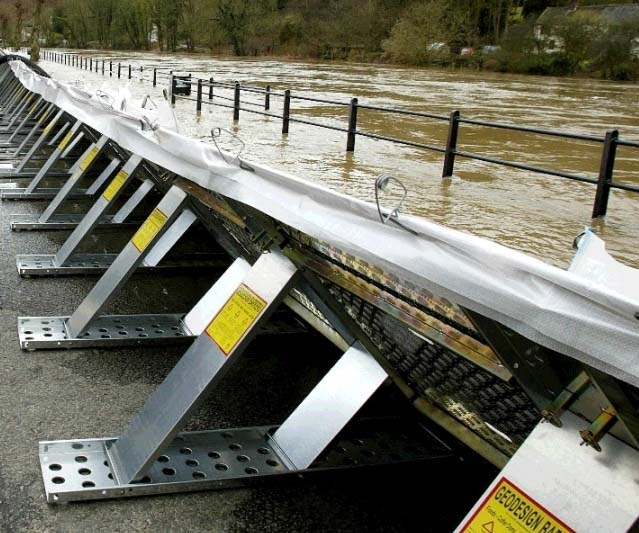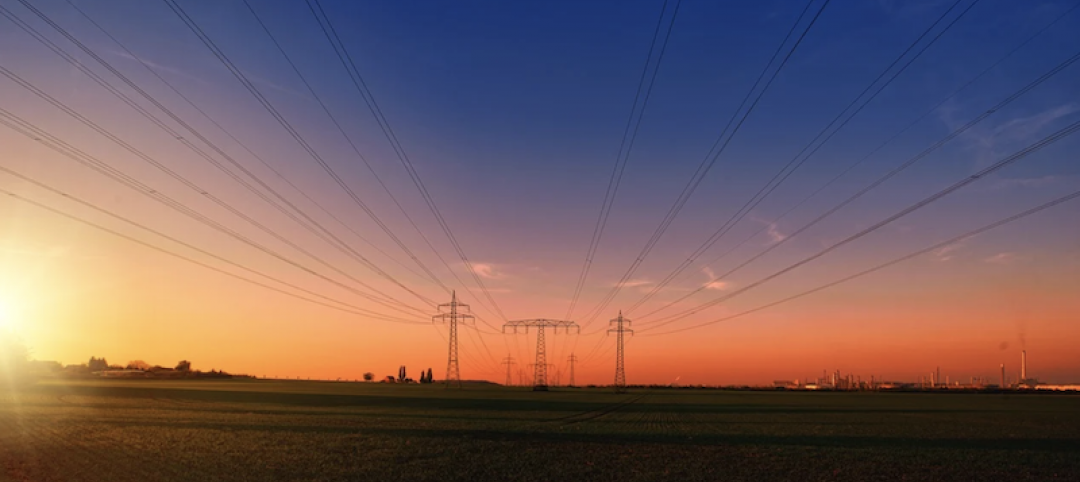Sea levels around Boston could rise as much as 7.5 feet by 2100, according to climate scientists. As a result, the city is at risk of significant flooding during high tides and normal rainfall let alone big storms.
The Urban Land Institute held brainstorming sessions over the last several months involving more than 70 engineers, architects, and development and insurance specialists to examine how rising sea levels would affect four representative areas in and around Boston. The group concluded that the area should consider building canals to absorb and divert water and higher sea walls for flood protection. It also called on called on municipalities to discuss ways to raise money for preparing vulnerable areas and to alter building and zoning rules to take the likelihood of flooding into account.
“We’re not going to start digging the canals tomorrow,” Brian Swett, Boston’s chief of energy, environment, and open space, told the Boston Globe. “But the report makes the important point that you can’t solve 6 feet of sea level rise simply by building a bigger dam on the Charles River.”
In the low-lying Alewife section of Cambridge, new residences might have to be concentrated into taller buildings with more space between them to make room for water infiltration. The report also suggested that retail shops be concentrated into a raised corridor to keep them above flood waters.
Related Stories
Codes and Standards | Apr 29, 2021
Dept. of Energy publishes energy savings analysis for ANSI/ASHRAE/IES Standard 90.1-2019
More than 4% savings for commercial buildings found for the updated code.
Codes and Standards | Apr 28, 2021
Building-integrated solar power turns buildings into power plants
Multiple alternatives could replace or complement rack-mounted PV arrays.
Codes and Standards | Apr 27, 2021
Ten real estate groups sign on to New York State’s high-rise decarbonization challenge
Each signee commits to carbon neutrality in one or more high-rise buildings it owns.
Codes and Standards | Apr 26, 2021
Dozens of companies, organizations call for Congress to double Energy Star funding
Despite broad support, program’s budget has steadily declined in recent years.
Codes and Standards | Apr 22, 2021
Alabama fire chiefs oppose proposal to change school building code oversight
Bill would move code compliance control from state to local boards.
Codes and Standards | Apr 21, 2021
After dry winter, California ramps up wildfire prevention efforts
State to spend half a billion dollars on projects including making buildings more fire resistant.
Codes and Standards | Apr 20, 2021
U.S. electric grid is halfway to zero carbon
Other sectors including buildings lag power industry.
Codes and Standards | Apr 19, 2021
Failed landmark preservation effort in Chicago provides lessons for planners
Gentrification fears heightened among Pilsen neighborhood residents doomed ambitious preservation plan.
Codes and Standards | Apr 14, 2021
New Phase 1 Environmental Site Assessment standard debuts in 2021
Will affect 250,000 commercial real estate deals a year.
Codes and Standards | Apr 13, 2021
British Columbia moves to accelerate mass timber construction
Province funds demonstration projects as part of economic recovery.

















